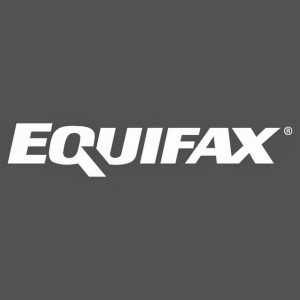 Equifax (NYSE:EFX) has implemented new measures to make it easier for consumers to control access to their credit records. Equifax is implementing a new credit lock service that will be free for life. New Equifax Chief Executive Officer Paulino do Rego Barros Jr. wrote, “The service we are developing will let consumers easily lock and unlock access to their Equifax credit files. You will be able to do this at will. It will be reliable, safe and simple.”
Equifax (NYSE:EFX) has implemented new measures to make it easier for consumers to control access to their credit records. Equifax is implementing a new credit lock service that will be free for life. New Equifax Chief Executive Officer Paulino do Rego Barros Jr. wrote, “The service we are developing will let consumers easily lock and unlock access to their Equifax credit files. You will be able to do this at will. It will be reliable, safe and simple.”
The company says the new service will be ready by Jan. 31. The company will also extend the sign-up period for TrustedID Premier, the free credit-monitoring service it’s offering all U.S. consumers. It is unknown whether Equifax will force people to submit to mandatory arbitration or some other loss of privileges or rights in exchange for free locks for life.
The credit reporting industry would prefer for customers to “lock” their credit files instead of “freezing” them. Freezing allows you to close down your credit file so when thieves try to open new credit in your name, the company cannot pull the credit report. Freezes are also subject to state laws. Locking, while having the same effect as freezing, faces no such rules.
Freezing your credit files can cost the bureaus money, because then the bureaus can’t sell access to your file. It would hit Equifax’s global consumer solutions unit especially hard. The unit sells credit information to resellers who offer their own monitoring services to individuals, as well as its own monitoring products such as Equifax Complete, ID Patrol, Credit Watch and Score Watch. That division produced $402.6 million in revenue in 2016, or 13 percent of the company’s total.
The move comes in the wake of the Equifax’s massive breach that exposed the information of about 143 million consumers. The company has apologized for providing inadequate support to consumers seeking information after the breach was disclosed.
The breach disclosure prompted investigations by lawmakers and regulators. The Consumer Financial Protection Bureau’s (CFPB) director, Richard Cordray has said that the agency would increase oversight of Equifax and its rivals. Federal laws give the CFPB the power to supervise and examine large credit-reporting firms. Cordray also suggested placing monitors inside credit reporting firms.
